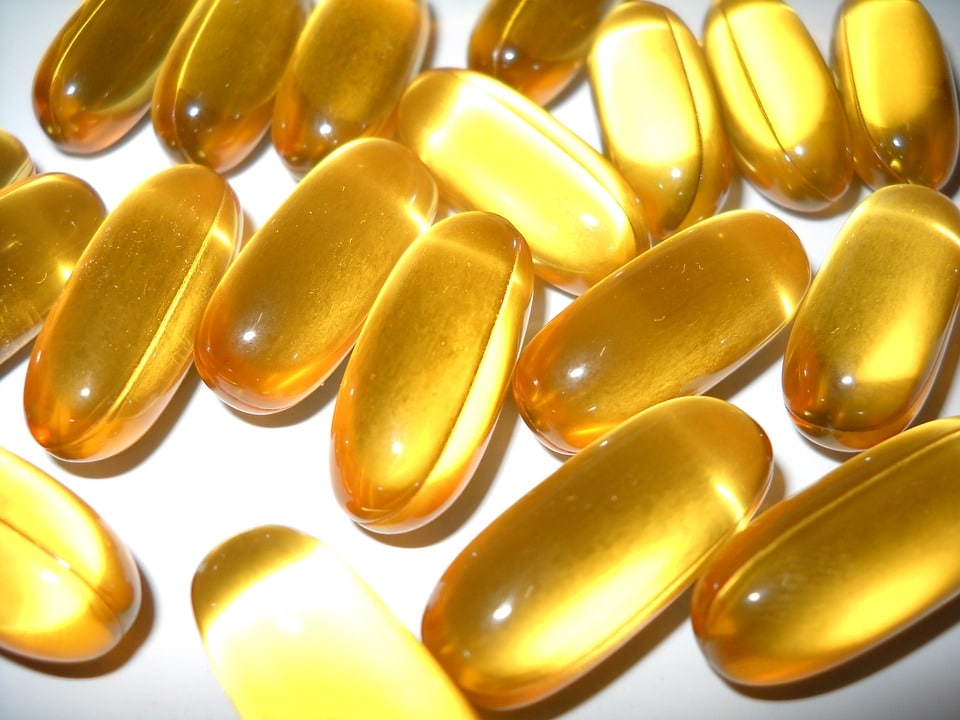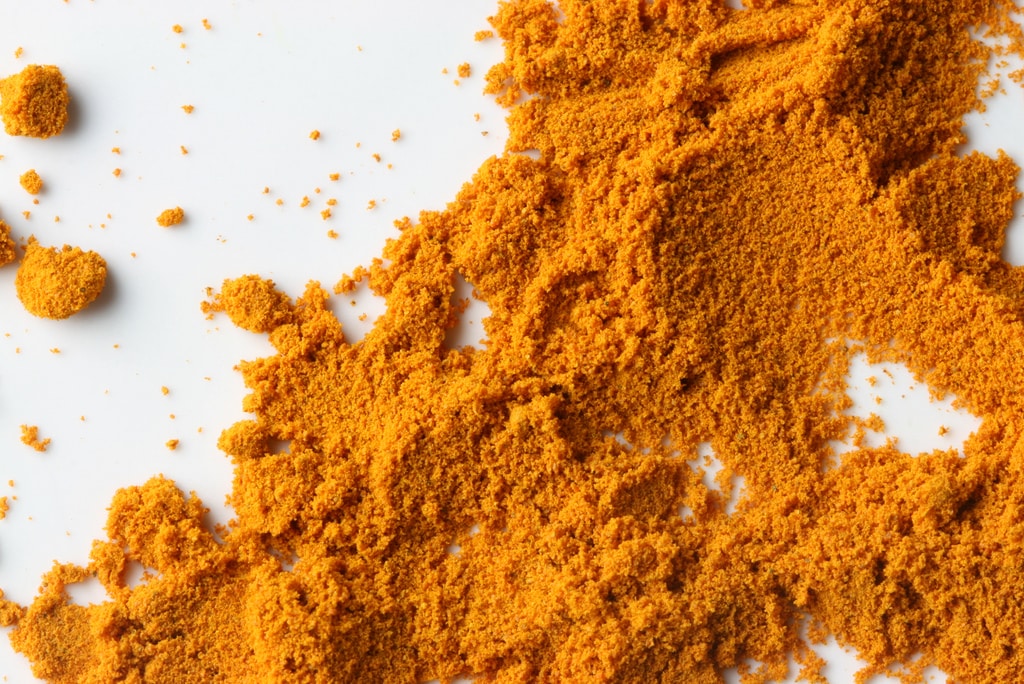
In past blog posts, we have talked about the far-reaching benefits of turmeric pills and its magical active ingredient, curcumin. We have discussed ways to add turmeric to your food, but what if you want to ingest it on a more frequent basis? That’s where turmeric supplements, or turmeric powder, come into play. You can try a sprinkle of the powder on veggies, eggs or even popcorn. Both the powder and the fresh root can also help spice up a cup of tea. If you’re not a fan of the flavor of the powder/root, you may consider taking supplements.
Additionally, turmeric has a poor oral bioavailability (a low percentage of what you consume is absorbed into your body and entered into your circulation) and thus should be taken with other agents such as black pepper extract. Supplements also help to pair turmeric and its subsequent curcumin with chemicals that help increase its bioavailability. Increased bioavailability is desirable unless you want the active ingredient curcumin in your colon (it is a colon anti-inflammatory and can aid with digestion), in which case you wouldn’t pair it with an enhancement.
So how much should you take? Doses that include up to eight grams of curcuminoids (in humans) have been shown to not be associated with many adverse effects at all and in vitro tests suggest curcumin has quite a large safety threshold. The acceptable daily curcumin dosage is three mg/kg body weight (three mg for every kg of bodyweight), according to the European Food Safety Authority Panel. Research studies have used between 0.5 grams and 7.5 grams curcumin per day, divided into three or four even doses. It is important to follow these dosage guidelines, because turmeric supplements are comprised of a much larger curcumin concentration than natural turmeric is. Organic turmeric only contains between two and seven percent curcumin. Curcumin and turmeric supplements, however, are manufactured to contain a higher dosage and concentration of curcuminoids. Some of these supplements are standardized to contain a concentration of curcuminoids as high as 95 percent, so make sure you are cognizant about the dosage and not taking too much (or too little for that case, you still want it to be effective).
Keep in mind that there are several ways to supplement your diet with turmeric. These include: fresh turmeric root, turmeric dried root powder, supplements with various percentages of curcumin present, a fluid curcumin extract or a homemade tincture. All of these contain different concentrations of curcumin and thus should be consumed in varying manners. For cut turmeric root it is appropriate to consume 1.5 to three grams per day and one to three grams a day for dried, powdered root. For standardized curcumin powder, 400 to 600 mg three times per day is advised. When taking a fluid extract, 20 to 90 drops a day are advisable and for a tincture 15 to 30 drops four times per day is recommended.

